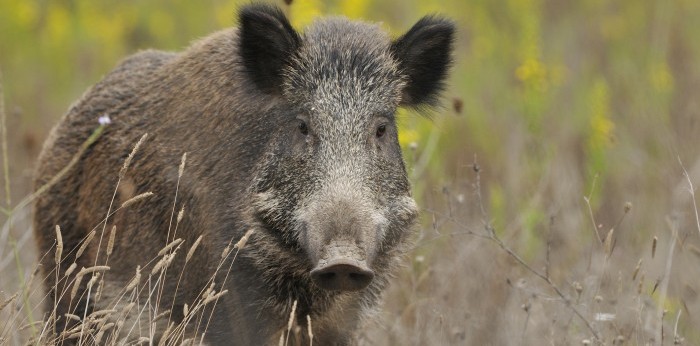Seven cases of African swine fever (ASF) have now been confirmed in wild boar in the Brandenburg region of Germany.
Germany’s first ASF case was in a wild boar carcase decaying in a field in the state, just 6km from the border with Poland and around 30km from the nearest confirmed case of ASF in Poland.
The Friedrich Loeffler Institute (FLI) confirmed ASF in five more wild boar nearby that had returned provisional positive tests on Wednesday evening, while a seventh case was also confirmed today.
The Federal Ministry of Food and Agriculture (BMEL) said all the cases were located within the 15km ‘endangered area’ in the vicinity of the village of Neuzelle in the Oder-Spree district, German pig industry body ISN reported.
ISN stressed that further cases in wild boar were expected, after the virus was detected in a single animal last week. “It can be assumed that the highly contagious virus was entered into the wild boar population before the first carcass was found. The state of Brandenburg must now adapt the existing restriction zone and the protective measures accordingly in order to prevent further spread,” ISN said.
A number of countries, including China, South Korea, Japan, Singapore, Argentina and Brazil, have banned pork exports from Germany. ISN said the BMEL is in negotiations with third countries to regionalised trade, so pork from non-restricted areas can be exported to these countries
The BMEL also announced it would discuss the situation with the EU, the World Organization for Animal Health (OIE) and trading partners.
Germany can still trade with the EU due to the regionalised ASF trading policy, with trade only restricted for companies located in the restricted area.
ISN said around 70% of German exports are within in the EU internal market.




